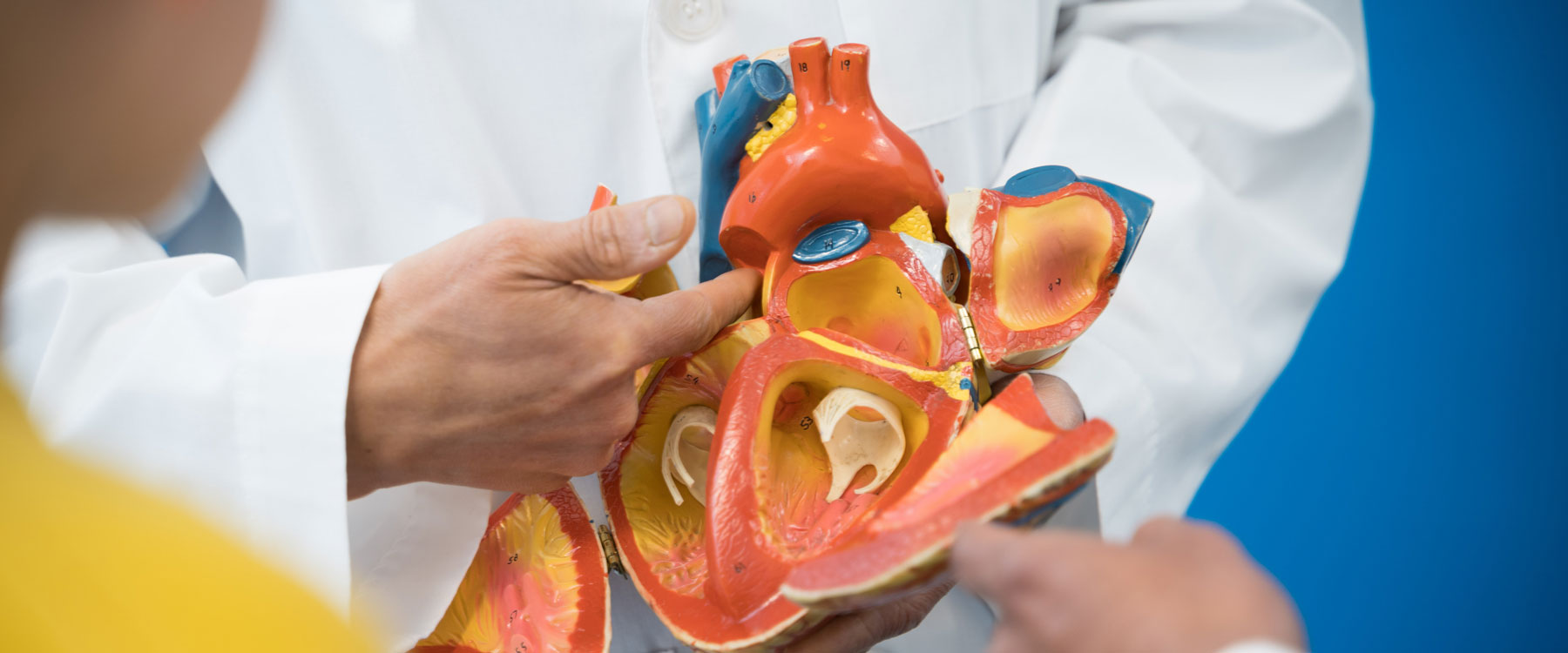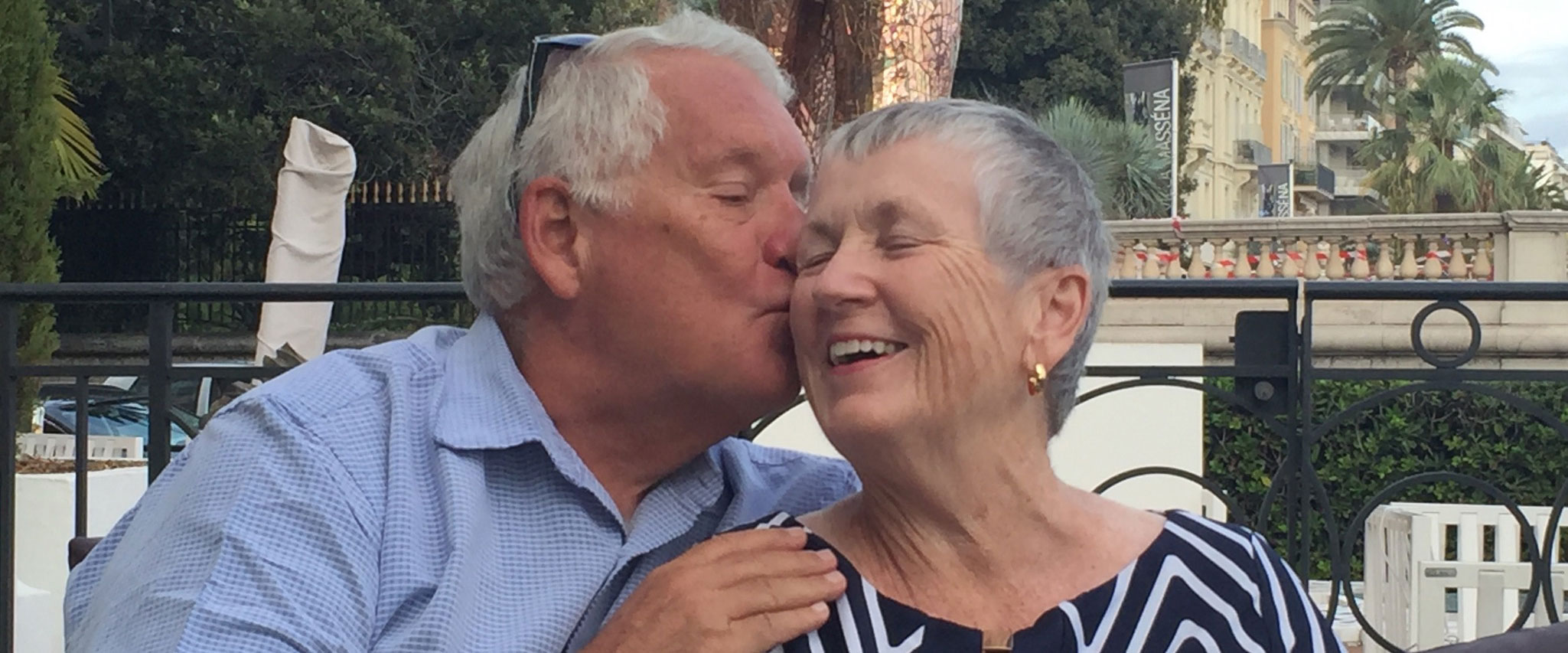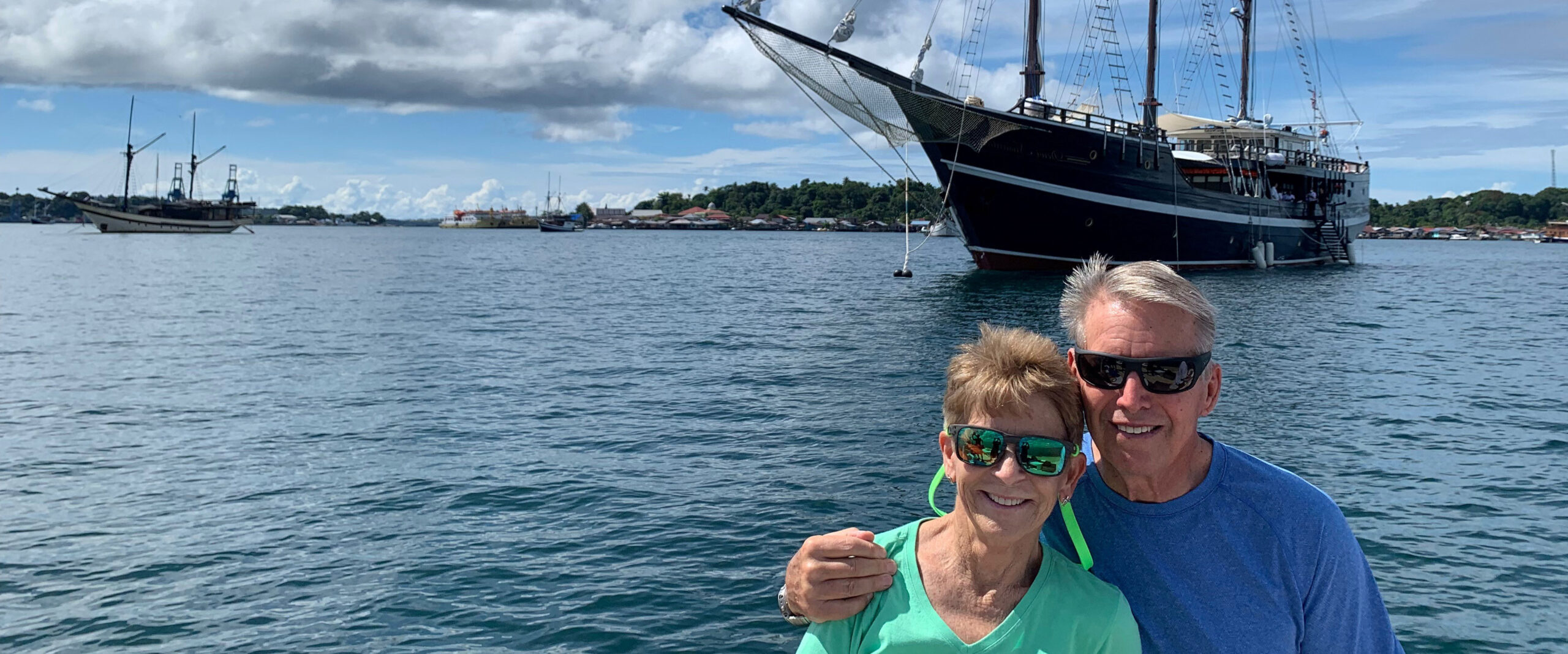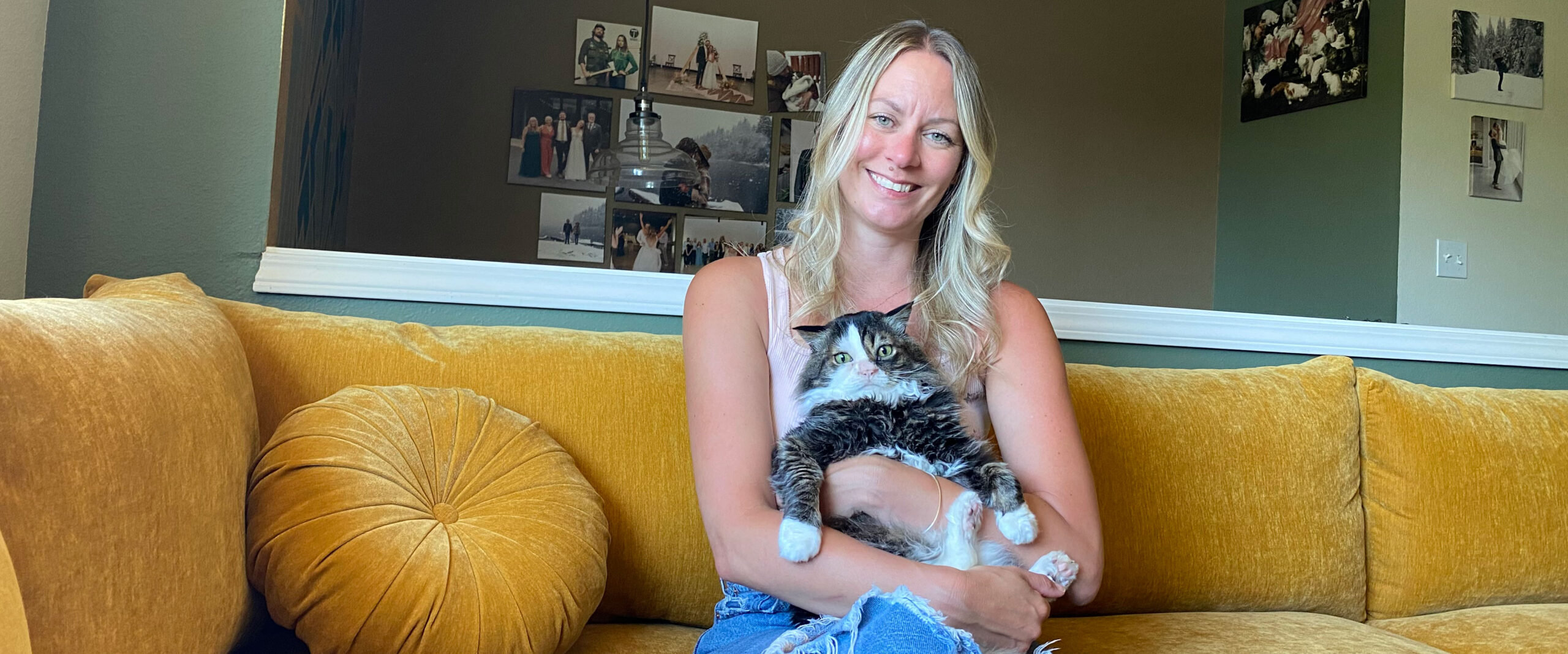On May 22, 2023, OHSU announced Joaquin Cigarroa, M.D., would step in as the new director of the OHSU Knight Cardiovascular Institute, effective immediately. The OHSU Foundation’s CJ Penso had the opportunity to interview Cigarroa and ask him about his work, what excites him about his new role and his vision for the future.
TRANSCRIPT:
Cigarroa: I’m Joaquin Emeterio Gonzalez Cigarroa and I am a cardiologist who has the privilege of now serving as the Director of the Knight Cardiovascular Institute, as well as continuing in my role as division head of Cardiovascular Medicine.
Host: On May 22, 2023, Oregon Health and Science University announced Dr. Joaquin Cigarroa would step in as the new director of the OHSU Knight Cardiovascular Institute. Dr. Cigarroa has been at OHSU for 17 years and has been a part of the Knight Cardiovascular Institute since its founding in 2012. His career is rooted much earlier though, as a child witnessing the care behind the career.
Cigarroa: And so, the first thing I always tell people, I learned about medicine through my family by observing my father and uncle and aunts practice medicine in South Texas and I would go on house calls. And then I, personally, entered medical school in 1985. And what I tell all my colleagues and early learners is: the core values of medicine remain the same. However, the tools that we use are fundamentally different today. I never dreamed that I could replace a heart valve in a patient who was awake. I never dreamed that one could take a person having a heart attack and utilize a balloon and a stent to restore flow and save lives. I never realized that we could prevent cardiovascular disease through nutrition and healthy habits, and the development of medications. I think to me it’s really important that people can peer and understand the soul of what motivates us: our patients and their families.
Host: Patient care is the heart of Dr. Cigarroa’s practice, his tenure at OHSU and his vision for what comes next for the Knight Cardiovascular Institute.
Cigarroa: There are many things that have kept me at OHSU, and those are similar to what attracted me to OHSU. The first is the patients that we have the privilege of caring for, who come from not only all over our state, but all over the country to see compassionate care at this university. The second is OHSU has been instrumental in addressing unmet patient needs through innovation. And OHSU, historically, has had substantial contributions to how cardiovascular medicine is practiced today. That spirit continues today with our pioneering spirit in helping innovate in transcatheter-based approaches to the treatment of all valve diseases, which our teams are leading experts [in]; not only here in Oregon, but the United States and across the world.
Host: For Dr. Cigarroa, creating a healthier future for patients, their families and future generations is inherently a team effort — not just among colleagues within the Knight Cardiovascular Institute, but with partners across Oregon and beyond.
Cigarroa: We recognize the importance of respectful collaboration and creativity. And we are embedded in teams that include basic scientists, translational scientists, clinicians and scholars that, together, are working to define how care in the future will be provided… with the same values of compassionate caring for individuals who are a friend of somebody, a daughter of somebody, a spouse of somebody. So, our core values have remained the same, but we are continuing to push forward to address things that we can’t care for today by creating that path to the future.
Cigarroa: The ability to work with OHSU and communities around our region to address disparities of care in rural Oregon is critically important to me, and we have partners all over the state who work with us to make sure that we can improve access to cardiovascular care.
Host: In his new role as Director, Dr. Cigarroa intends to increase opportunities for talented providers, scientists and scholars to collaborate on the future of care.
Cigarroa: I’m most excited about creating structures where we bring together remarkable individuals with disparate training, which provides unique perspectives that, when you bring these people into a room and you pose a question, the ability to be creative and identify potential projects to have a better understanding of a problem that can impact patient care. So, to me, it is about stimulating creative conversations to imagine a dream, and then take that dream and have the ability to turn a dream into reality.
Host: One challenge Dr. Cigarroa is considering is how to maintain and cultivate the Knight Cardiovascular Institute’s incredible clinical and research collaborations.
Cigarroa: We have the responsibility of being the stewards to reduce disparities between members of our community. And we have the responsibility to invest in scholarship and research to develop new techniques. All of that requires allocation of time and effort and the recruitment and the retention of clinician scientists and scholars to dedicate time and have the associated resources to be able to do that wonderful work. And without that work, we will become static and stale — and we cannot do that.
Host: However, to bring in an early career researcher, often in their 30s, on average it will take them until they are 47 years old to receive their first R-01 grant from the National Institutes of Health, or NIH. The question becomes: how does the Knight Cardiovascular Institute support young researchers throughout the many years before their first R-01 NIH grant? And, for established researchers, what happens after grant funding ends?
Cigarroa: That’s where philanthropy comes in. Without it, we cannot compete on the West Coast, we cannot compete across the country for recruiting and retaining the brightest people and we will not have the ability to bring together the scientists into our clinician communities to advance care. So, philanthropy is at the core. Philanthropy is essential. Philanthropy is critical.
Host: The challenges do not deter Dr. Cigarroa’s passion for and pride in the Knight Cardiovascular Institute’s storied role as a leader in cardiology. Rather, those challenges serve to motivate and inspire him to continually move forward in the name of more accessible, more collaborative and always compassionate cardiovascular care.
Cigarroa: In this wonderful state of Oregon that is just over four million people, we are competing with the best academic medical programs. We are collaborating with the best academic medical programs. And, in areas, we are blazing the trail on new knowledge that is impacting our patients are cared for. And we’re incredibly proud to be able to do that for our patients and for our state. The Knight Cardiovascular Institute has been incredibly fortunate to recruit and retain a remarkable group of people who are achieving world class accomplishments that are impacting what we know about the developmental origins of heart disease.
Cigarroa: We are doing things here that are being done for the first time in the world. We’re discovering things here for the first time that are challenging how people think about, “Can genetic cardiovascular disorders be cured or not?” And we’ve actually demonstrated the proof of concept for the first time in patients with hypertrophic cardiomyopathy.
Cigarroa: Just imagine the world when a patient and clinician come together and you actually have artificial intelligence bring together all that information and demonstrate trends and susceptibilities, so that you’re able to focus on the human being and the disease. People come together from so many different areas of expertise around our patient to change the way we care for the patient. But not how we care for the patient because that has all the humanism that is so important in medicine.




